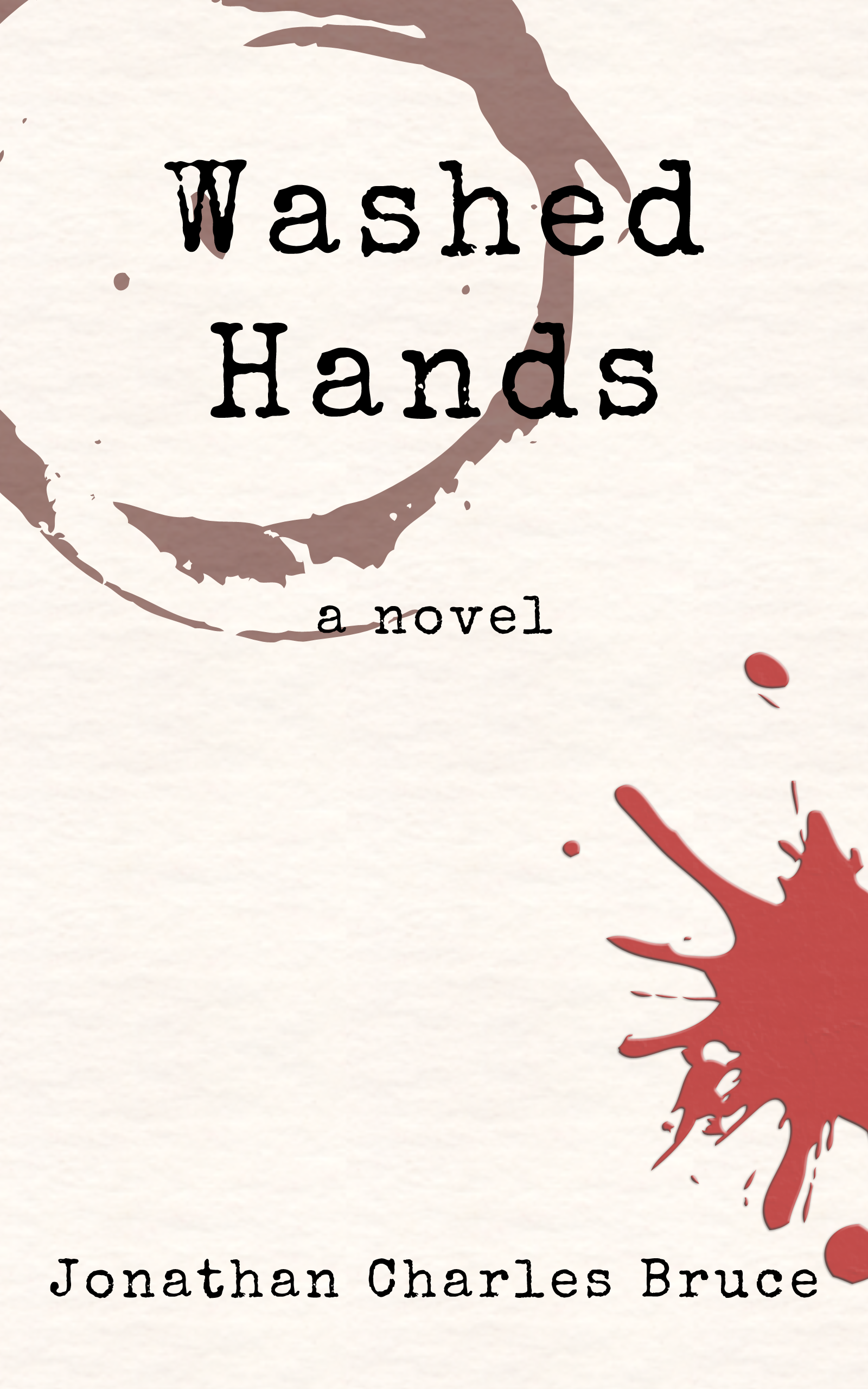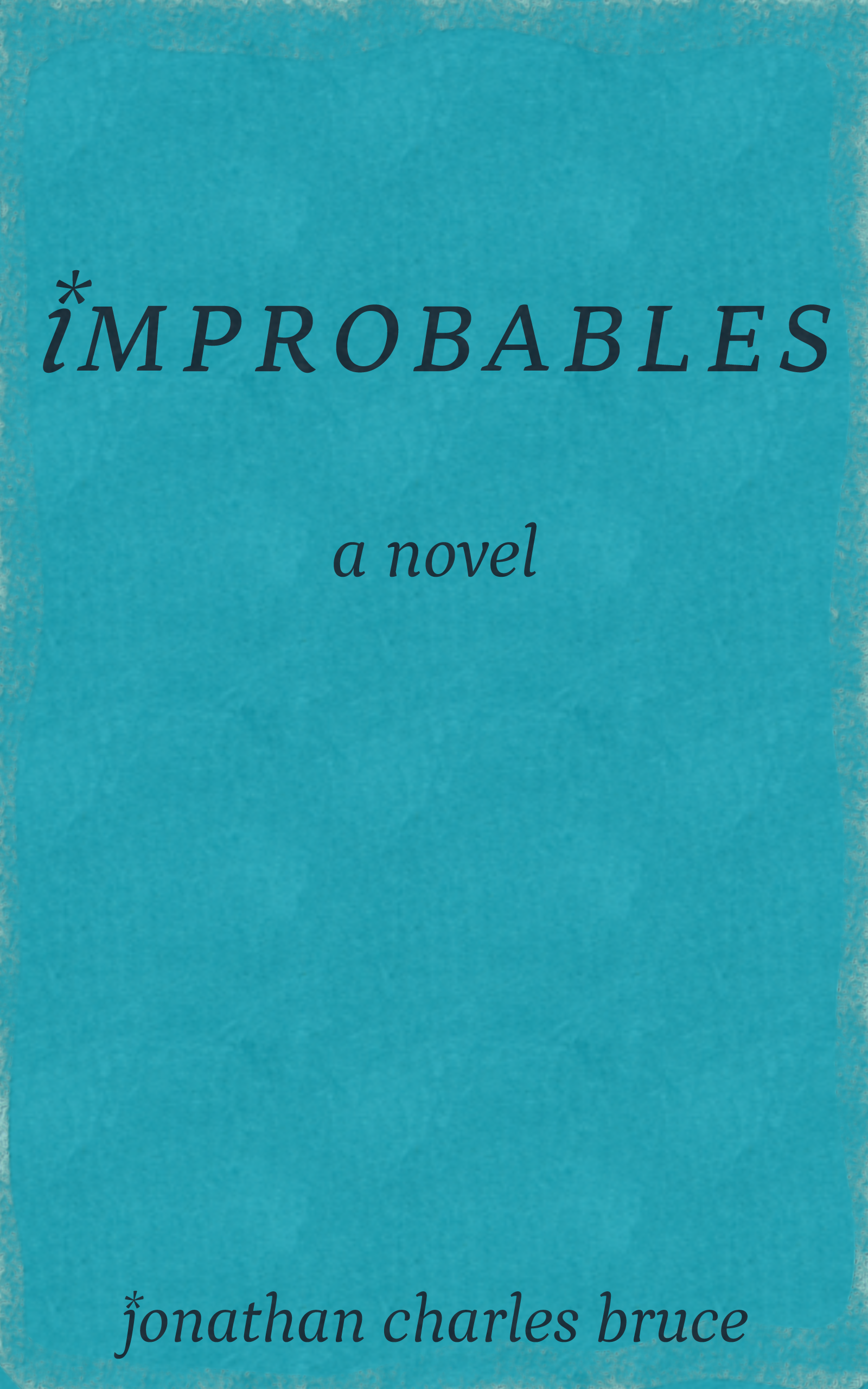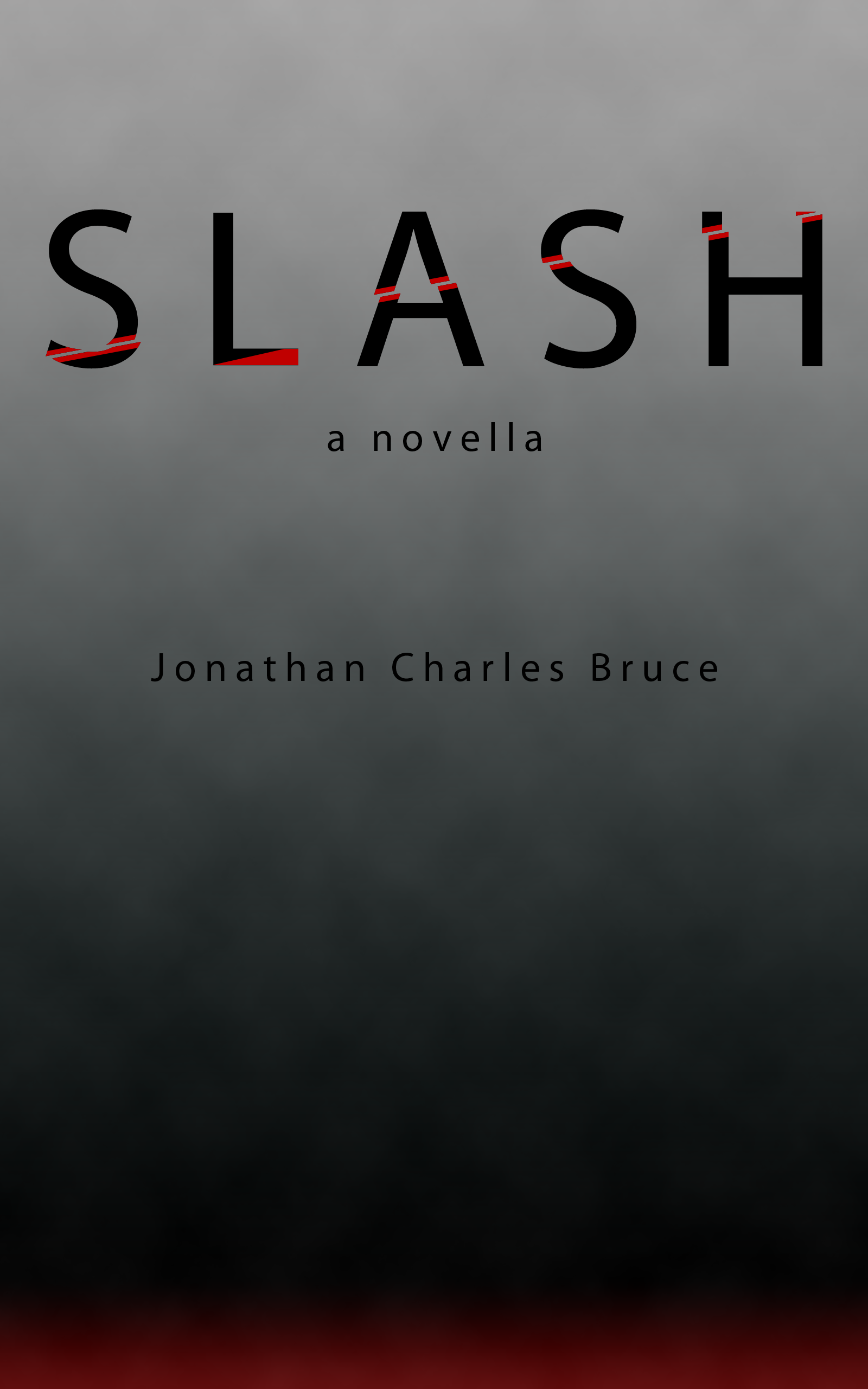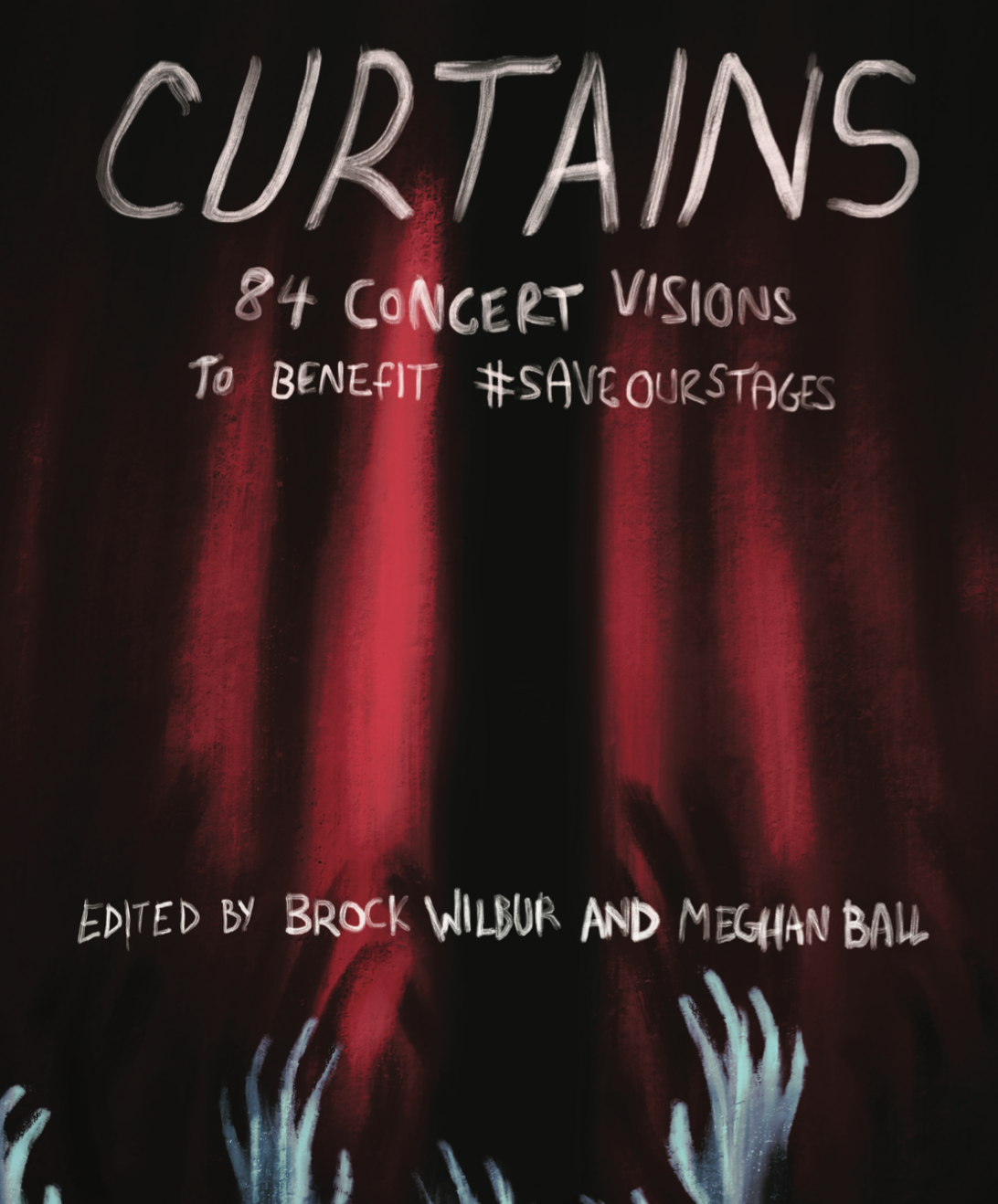Asylum: Out of the Shadows
Hello, friends! Those of you who are tuned into my Facebook page are well aware that I have been very excited about an upcoming event at the History Museum at the Castle in Appleton, Wisconsin. The upcoming Asylum: Out of the Shadows will be looking at mental health practice at the end of the 19th and early 20th centuries, specifically using the lens of the Outagamie County Asylum. The museum has artifacts from the era which will highlight the treatment of patients as well as interactivities for museum goers to experience what down time was like. It promises to be a valuable and highly educational contribution to the discourse of mental illness and the oft-bleak history of attitudes toward some of the most vulnerable in our society.
You may be wondering where I came into play with something like this. Well, one of the coolest (in my opinion) aspects of Out of the Shadows is the free companion audio app which will allow you to listen to the stories of eight people who walked in the asylum’s halls. The individuals themselves tell a rich history of the daily life of the institution from their unique perspective. The thing is that for however interesting intake forms and yearly reports are as means of historical study, they are significantly less interesting to have an actor read out. As such, someone would have to go through the data and turn it into an effective narrative.
It just so happens that the lucky writerly someone was me! Someone at the Museum had read Washed Hands and reached out to me because I am the single best wordser she had ever encountered and it would be an honor to have me write for them an acceptable author. She, like a frankly humbling amount of people, noticed that of all my middling talents, my least middling is my capacity for dialogue. I also happened to have a background in history, which puts me in a pretty good position for a dude who can put together a decent script of a historical nature.

For some reason, my guitar skills weren't requested.
It should come as no surprise that this project involved a lot of research; not just that provided by the Museum, but on the world in and around mental health at the turn of the century. Even when I had read the materials to feel confident enough to capture an individual’s story, my computer’s screen was flooded with open tabs and windows. Every narrative stop along the way was met with verification of stated material and a quick brush-up of what was to come. Sometimes I would just look at an upcoming topic and spend minutes monologuing, trying to figure out the perfect combination of words to convey a figure’s personality and emotion in any given moment.
As I became more comfortable with the process and slid into a pattern of writing and revision, it became readily apparent that I needed to prevent myself from developing too many ideas. I am terrible at revising, especially when I am limited to only removing things. As should be obvious, I have a problem with writing too many words in general; couple that with my ethos in relaying history (“More is always better!”), and the urge to go overboard is pretty powerful. Luckily, I think there was only one individual who needed to have lines cut for the sake of brevity.
I think.
This is for the Museum's Facebook page! C'mon and give 'em a like.
The exhibit opens up on November 17th, 2016. If you have a chance to swing by The History Museum at the Castle, you should absolutely make every effort to do so. I am absolutely honored to have been invited to be a part of this exhibit, and I would do it again in a heartbeat. I feel that this is especially important because the stigma of mental illness is something that is still very much present in our society. While we have been making attempts to correct this, so many elements of our vernacular reinforce the perception that mental illnesses are shameful; how many times do we use words like “crazy” or “moron” without giving a second thought to their origins? I’m certainly guilty of it.
The point is that this is an opportunity to educate ourselves and have a discussion about what we, as a people, can do to address this problem in the coming years. We have an opportunity to destigmatize something that affects nearly 20% of adult Americans. We have, in short, an opportunity to be better. And we need to take it.
< PREVIOUS ENTRY • NEXT ENTRY >
Advice • Fiction • Gaming • General Musings • Reviews






